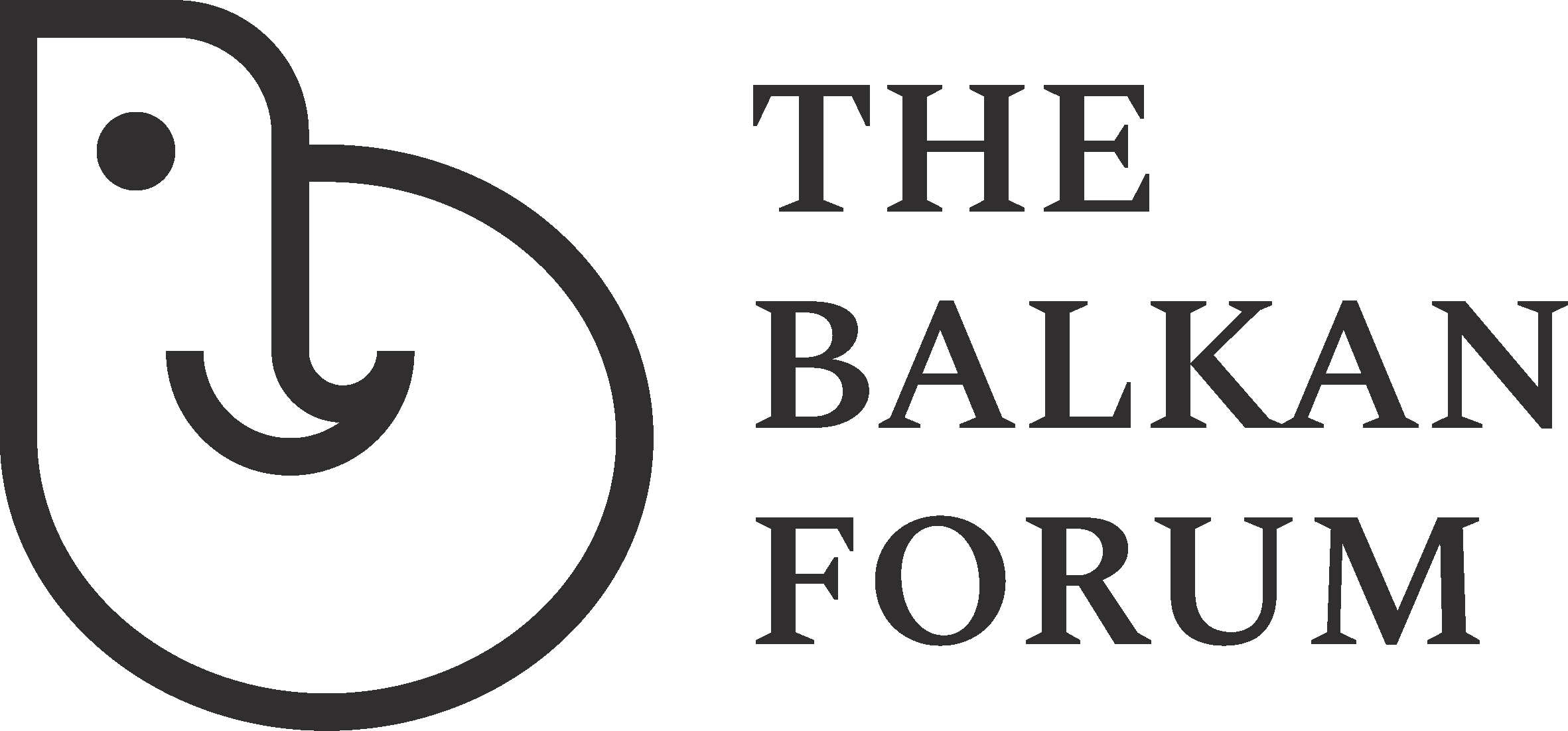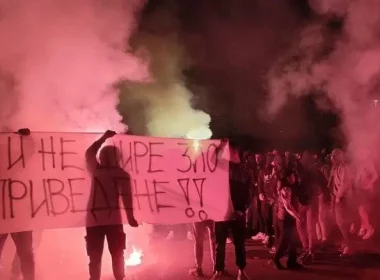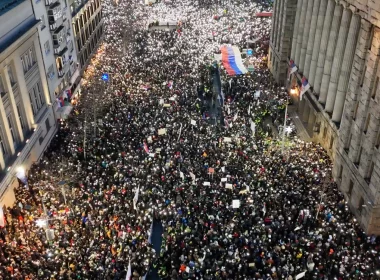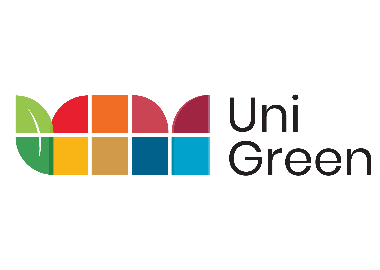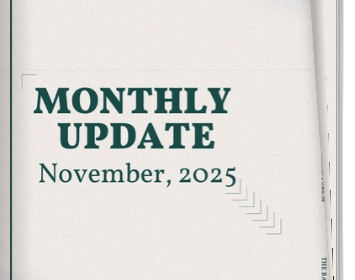The Balkan Forum initiative was launched at the first Annual Balkan Forum meeting held on 7-9 February 2013 in Thessaloniki, Greece. The Forum gathered diverse stakeholders and leaders from Albania, Bosnia and Herzegovina, Croatia, FYR Macedonia, Greece, Kosovo, Montenegro, and Serbia. Over 50 participants from civil society, the private sector, academia, and government worked together to generate ideas and innovative strategies to deepen regional collaboration and catalyse economic development, drawing the region’s strengths and comparative advantages.
The Forum was opened by Yannis Boutaris, Mayor of Thessaloniki; George Papandreou, former Prime Minister of Greece; David Burger, Deputy Director, Office of Central European Affairs, U.S. Department of State; and representatives of the Rockefeller Brothers Fund. The inaugural Balkan Forum on Regional Cooperation marked an important start, resulting in concrete recommendations, including establishing a Balkan Forum non-governmental organization. The Balkan Forum organization serves as a secretariat to the Balkan Forum network, implementing the network’s recommendations, and hosting the annual meetings in Thessaloniki.
Our Mission
The Balkan Forum on Regional Cooperation is a cross-sectoral platform for advancing sustainable and participatory development. It promotes a resource efficient, greener, and more competitive Balkan region that is based on collaboration and diversity. The Balkan Forum aims to leverage the region’s strengths, and each country’s comparative advantages, to catalyze innovation and development within a framework of democratic values and the rule of law. The Balkan Forum aims to create a new vision for the Western Balkans based on economic integration, prosperity, and sustainable peace.
Our Goals
- Promoting a shared vision based on economic integration, prosperity, and sustainable peace.
- Facilitating cross-border and cross-sector dialogue to generate new thinking on regional challenges and opportunities through the annual Balkan Forum and other convening.
- Incubating ideas for and catalyzing regional initiatives in four key issue areas.
- Building a knowledge base and providing research and policy analysis to foster mutual learning and accelerate progress toward innovative solutions to regional development challenges.
Our Approach
How the Balkan Forum Works: Unlocking Potential to Set in Motion Regional Change
The Balkan Forum serves as a platform for convening diverse leaders across sectors: civil society, private, and government. It acts as a neutral broker and facilitator to identify opportunities and catalyze promising collaborative initiatives, and it will leverage resources, assets, and relationships to incubate and scale up shared strategies for change. The Forum will consciously foster experimentation and innovation, especially in reaching out to governments to build consensus, translate ideas into action, and move beyond rhetoric on collaboration to real policy implementation.
Who is Involved: Connecting Partners and Amplifying Voices
The Balkan Forum aims to connect diverse initiatives, multiple stakeholders, and emerging social entrepreneurs in order to enable collaboration and maximize impact. Through ongoing dialogue with a growing network of leaders from civil society, academia, business, and government, the Forum helps its partners identify opportunities for collaborative action, develop coordinated strategies, and craft mutually agreed-upon action agendas. The Forum is committed to engaging young thinkers and innovative entrepreneurs and to amplifying progressive voices. It will bring together established and new initiatives, and strengthen the work of a wide range of individuals and organizations that are ready to collaborate across borders and sectors in pursuit of shared regional development goals.
Where Does Forum Work: Defining the Region and Scope
The Balkan Forum has an expansive, flexible view of the Balkan region and does not seek to exclude countries. As a starting place, the Forum focused on the Western Balkans and Greece – a region that includes countries aspiring to EU membership, sandwiched between the oldest Balkan member of the EU (Greece) and the newest one (Croatia). In tailoring todays activities, the Forum is expanding its communication to Bulgaria, Romania, and Turkey. The Forum is not only looking within the region, but also takes account of the region’s position relative to multiple other regions, within and beyond Europe. It seeks to learn from the successes and pitfalls of other regional initiatives.
Guiding Concepts of Balkan Forum Work
- A Positive Agenda Focused on Action: By bringing people into a regional conversation that highlights the advantages of cooperation and opportunities for sustainable development, the Forum sets in motion a process within which it is possible to identify mutual interests and shared benefits. The Forum takes a pragmatic approach and focuses on projects that are feasible, that enjoy broad support, and that can help to solve concrete problems.
- Broadening Dialogue and Consensus: Effective regional cooperation requires closer and more inclusive cooperation across borders and sectors, including civil society, the private sector, and government. Enabling diverse actors to forge new partnerships, while also amplifying the voices of young and marginalized leaders, Forum tries to help unlock the potential for collective growth in the Balkans. The Forum relies on continuous dialogue with a growing network of partners to define its strategy, identify priorities, and formulate action agendas.
- Leveraging the Region’s Resources: The region possesses the resources, talent, and potential to create solutions to the problems it faces. This is evidenced by the many innovative initiatives that already exist at the local and regional level. Unfortunately, such initiatives are often side-lined in favor of more conventional ideas and solutions. The Balkan Forum wants to connect, strengthen, and leverage forward-looking initiatives, institutions, and networks in the region, helping incubate and scale up effective strategies for change. The Forum’s success and integrity relies on the expertise and talents of the individuals in its network.
- Lessons, Not Blueprints: Approaches to cooperation cannot be imported from other regions; but the Forum can draw on lessons learned from the experiences of others. The Forum is a platform for sharing inspiration and ideas about how to encourage productive relationships and dialogue, even in times of crises.
